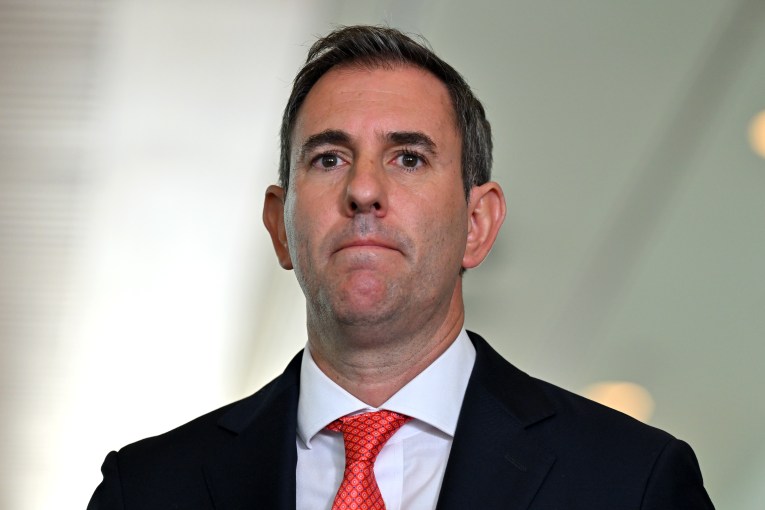Ask the Expert: Selling property? More than $3 million in super? How taxes will affect your investment


Keep capital gains tax in check by considering these factors. Photo: Supplied
Question 1
- We are both retired and, to help our kids buy houses, are going to sell our rental property. We have owned the property for 10 years. How do we minimise the amount of capital gains tax we have to pay?
Being retired I assume you have little other taxable income. Capital gains ‘tax’ is not in fact a separate tax.
The capital gain you make, less any reductions (such as the 50 per cent reduction for holding the asset more than 12 months) is added to your income tax return, and tax is pad at your marginal tax rate, just like any other income.
Therefore, selling the asset in a low-income year, when you are on a low marginal tax rate is a good idea.
Additionally, look to maximise your tax deductions to reduce the tax paid.
A common strategy is to make a tax-deductible contribution to super with the proceeds from the sale.
As you are a couple you could both undertake this strategy. However, there are some restrictions on who can do this.
If you are between 67 and 74 you need to meet a work test, and if over 74 it’s not allowed at all.
You also need to consider your superannuation concessional cap.
The annual standard cap is $27,500 (moving to $30,000 for 2024-25) but you may have an individual cap larger than this under the carry-forward rules if your total super balance is below $500,000.
MyGov or the ATO would be able to confirm this for you.
Question 2
- I have a question re the proposed additional earnings tax for balances over $3 million. If I have minimal in accumulation, $5000 just to receive super from work-related activities. And my income stream grows to more than $3 million (lucky with investments) starting with $1.6 million 2017, does my zero tax then jump to 30 per cent from zero in income stream or only affects the $5000 in accumulation?
Firstly, the proposed additional tax on super balances is yet to be legislated but proposed to start from July 1, 2025. But as they are not legislated, we can’t be sure this is how they will work yet.
The proposed tax is only applied to earnings over your super balance that exceeds $3 million.
Let’s use your example of a $3,005,000 combined balance with your super accumulation and pension account. Let’s also assume the combined earnings for the year are $100,000.
However, it’s only the earnings on $5000 that is taxable under this new tax, because that is the amount over $3 million.
$5000 as a percentage of $3,005,000 is only 0.166 per cent. Therefore, of the $100,000 earnings, only $166 is taxable ($100,000 x 0.166 per cent).
The end result being $166 x 15 per cent tax = $25.
As you can see, if your combined super balance (accumulation and pension) is only just over the $3 million limit, then the resulting tax liability is not expected to be large.
Also note that it in the future it will be rare for someone to have a pension balance over $3,000,000 given transfer balance cap rules.
Question 3
- Hello, my super fund is now offering a term deposit option as an investment choice with NAB. Today’s rate for 12 months is 5.1 per cent. I plan to access my super in November and apply for a part pension also. Is this a good option? My current super balance is invested in cash as I am reluctant to take too much risk at this stage. Also the super website states the term deposit option is not covered by Government Guarantee (Financial Claims Scheme). Can you explain this please?
Firstly, holding your retirement savings via super is generally a good choice.
Secondly, it sounds like you are very conservative when it comes to investing.
In that case, investing in cash and term deposits via your super fund may be appropriate. However, you should also consider having at least some growth assets, such as shares, within your portfolio.
Hopefully your super will be invested for a very long period, and cash and term deposits may actually go backwards in value after you take out the effect of inflation.
You may want to speak with your super fund who can assist you in choosing some appropriate investments.
Finally, that is correct, money invested via super is not covered by the Government Guarantee (Financial Claims Scheme).
This scheme provides protection to depositors of up to $250,000 per account holder per authorised deposit-taking institution (ADI) (bank, building society or credit union) in the event of the ADI failing.
However, in most cases, the $250,000 FCS limit would be applied to the whole fund, not each individual member.
As a result, depending on the size of the cash fund, it is likely that only a small portion of a member’s cash component will be covered by the FCS.
Craig Sankey is a licensed financial adviser and head of Technical Services and Advice Enablement at Industry Fund Services.
Disclaimer: The responses provided are general in nature, and while they are prompted by the questions asked, they have been prepared without taking into consideration all your objectives, financial situation or needs.
Before relying on any of the information, please ensure that you consider the appropriateness of the information for your objectives, financial situation or needs. To the extent that it is permitted by law, no responsibility for errors or omissions is accepted by IFS and its representatives.
The New Daily is owned by Industry Super Holdings








